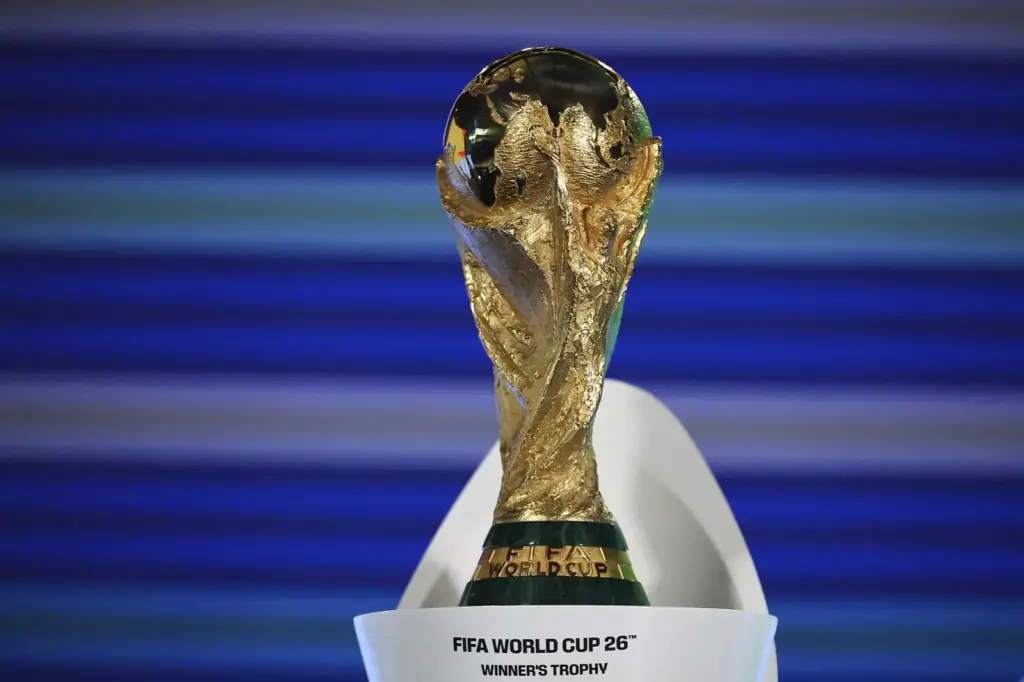Amid the forthcoming 2026 World Cup, FIFA has once again been put under intense pressure, with growing fears that soaring temperatures could put players’ health and fan safety at risk.
Saturday Telegraph reports that concerns amplified at the recently concluded 2025 Club World Cup in the United States (US).
During the tournament, Borussia Dortmund coach, Niko Kovac cautioned after his team’s opener that the demanding schedule and heat were already taking a toll on players.
He said, “These athletes had to bring top performance, but again that’s the tournament mode and we will see the same next year during the World Cup.
“We have to consider the players. This is very hard for someone, and the players, they must play these games.
Pep Guardiola, the Manchester City boss, noted that his players struggled to cope with the intense heat, while England manager Thomas Tuchel labelled the conditions as “Suffering.”
READ ALSO
He said to Reuters, “Suffering is one of the headlines for this World Cup. We need to understand how to cool the players down, to drink. What our options are.”
Chelsea midfielder Enzo Fernández revealed he “felt dizzy” and described the conditions as “Very dangerous,” while his manager, Enzo Maresca, noted that training sessions in Philadelphia had become “Almost impossible.”
In Fernandez’s words, “Honestly, the heat is incredible. The other day I had to lie down on the ground because I was really dizzy. Playing in this temperature is very dangerous, it’s very dangerous.”
World Cup host cities are taking steps to mitigate heat risks.
In Dallas and Houston, retractable-roof stadiums with cooling systems will be used, while Atlanta’s Mercedes-Benz Stadium also provides indoor protection. Miami, however, lacks such facilities, raising doubts over the safety of scheduling matches during peak afternoon hours.
These concerns are backed by scientific studies highlighting the dangers of extreme temperatures on both athletes and spectators
A 2024 study in Scientific Reports (Nature) by Lindner-Cendrowska and colleagues revealed that 10 out of the 16 host cities for the 2026 World Cup face a “very high” risk of heat stress.
Cities such as Arlington, Houston, and Monterrey recorded average Universal Thermal Climate Index (UTCI) levels exceeding 49.5°C.
The research further cautioned that players could lose more than 1.5 kilograms of body weight per hour due to dehydration
Fans and climate activists have amplified these concerns online, with posts on X and Instagram during the Club World Cup criticising organisers for downplaying the risks.
Hashtags such as #TooHotToPlay trended during group matches in Texas.
With the 2026 World Cup now less than a year away, FIFA is under mounting pressure from players, coaches, unions, scientists, and supporters to prioritise safety by adjusting kick-off times and expanding the use of climate-controlled venues.















